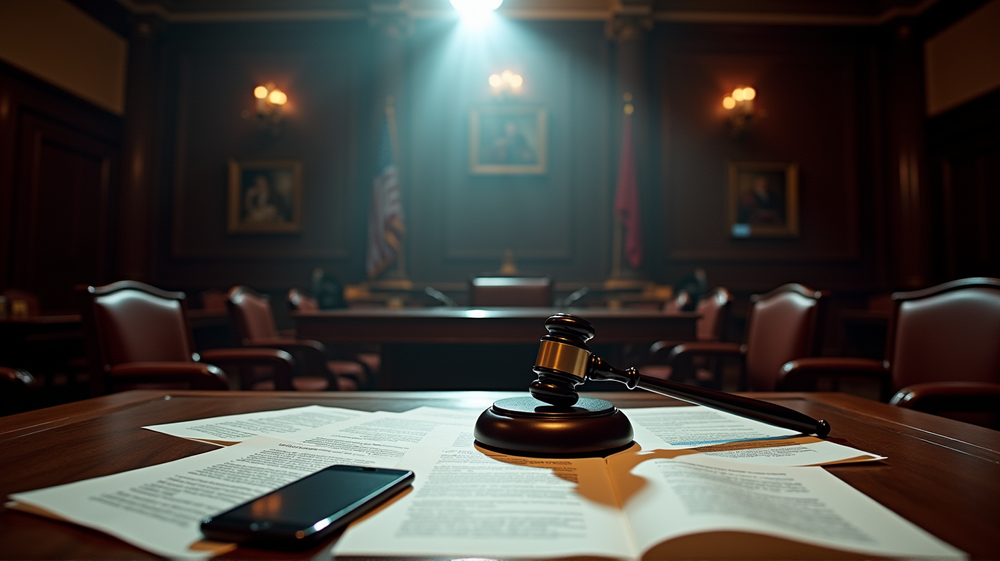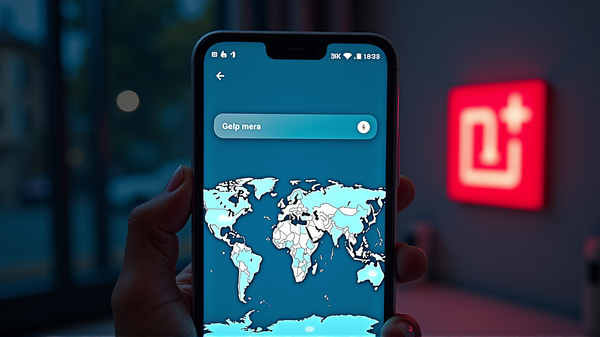Centre and X Corp Clash Over Sahyog Portal Allegations in High Court
In a riveting legal battle that captures the intersection of technology and law, the Union government has vehemently challenged claims by Elon Musk-owned X Corp that painted the ‘Sahyog’ portal as a “censorship portal”. This high-stakes confrontation unfolded in the chambers of the Karnataka High Court as arguments fired across the courtroom.
The Legal Dispute
Central to the dispute is the differing interpretations of the Information Technology (IT) Act. X Corp criticized the government, arguing that the removal requests under Section 79(3)(b) of the IT Act do not equate to the blocking authority granted by Section 69A, which pertains specifically to national security and public order concerns.
Government’s Stance
The government, however, countered these assertions by emphasizing that X Corp’s description of the portal is both misleading and legally flawed. They reiterated that the “Sahyog” portal is not a conduit for censorship, but rather a structured tool for content removal requests within the legal framework defined by the IT Rules, 2021.
A Closer Look at Legal Provisions
What’s at stake is the delicate balance between platform liability and freedom of speech, as outlined in the IT Act. The government’s takedown notices illustrate their commitment to regulating content while respecting lawful boundaries, as opposed to the sweeping interpretation posited by X Corp.
The Narrative Around Censorship
The Centre’s affidavit underscored that X’s characterization of the portal was an attempt to conflate their position as a platform with that of individual users—a narrative viewed as legally untenable and misleading.
The Awaited Verdict
As the legal drama unfolds, the High Court’s critical ruling is eagerly anticipated to clarify these complex legal interpretations. With further hearings scheduled for April 3, industry watchers, legal experts, and digital platform users alike are tuned into Bengaluru for the upcoming judiciary verdict.
The outcome of this case could potentially reshape the digital content governance landscape in India, marking a pivotal moment for legal frameworks in the digital age. According to ENewsTime, this unfolding saga highlights the ever-evolving challenges faced by governments and tech giants in harmonizing law, technology, and freedom of expression.




